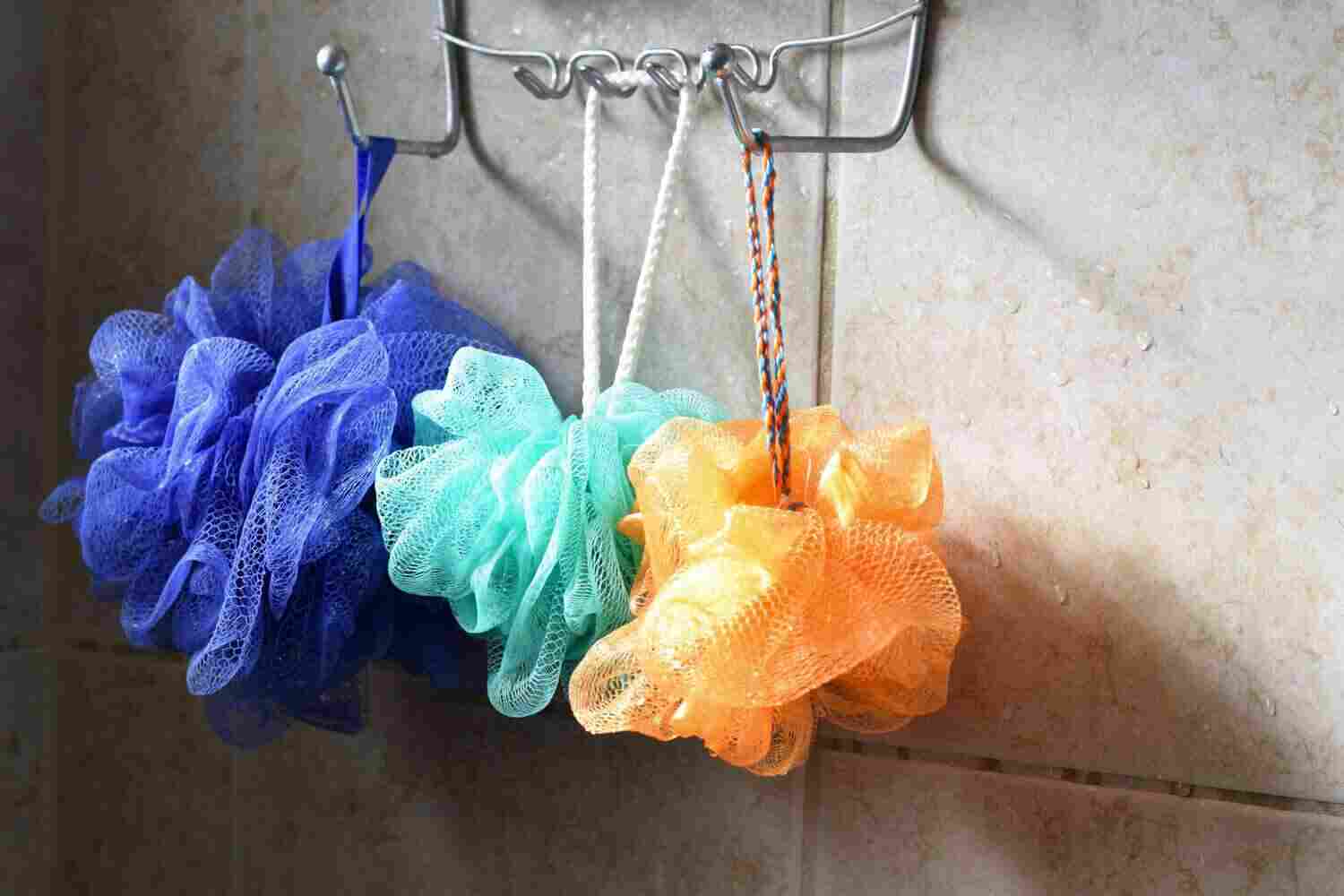In many cultures, including Nigeria and other parts of Africa, using a sponge to bathe is a daily ritual.
It’s considered essential for proper hygiene and cleanliness. Many women believe that using a sponge is the best way to exfoliate the skin and keep it smooth.

However, while this practice is deeply ingrained and widely accepted, dermatologists suggest that using a sponge to bathe every day might not be the healthiest choice for your skin.
Here’s why:
1. Sponges Can Harbor Bacteria and Mold
Sponges are often left in damp environments, which are perfect breeding grounds for bacteria and mold.
Every time you use the sponge, you’re potentially spreading these microorganisms over your skin.
This can lead to skin infections and other health issues.
Even if you rinse your sponge well after each use, it’s difficult to keep it completely clean and dry.
2. Over-Exfoliation Can Damage Your Skin
While gentle exfoliation can be good for your skin, over-exfoliating can do more harm than good.
Using a sponge daily can strip away the natural oils that protect your skin, leading to dryness, irritation, and even micro-tears in the skin.
This makes your skin more susceptible to infections and environmental damage.
3. Irritation and Sensitivity
Daily use of a sponge, especially if it’s rough or if you scrub too hard, can cause irritation and increase skin sensitivity.
This is particularly true for people with sensitive skin conditions like eczema or psoriasis.
The constant friction from the sponge can exacerbate these conditions and cause flare-ups.
4. Worn-Out Sponges Are Ineffective
Sponges wear out over time and become less effective at cleaning. A worn-out sponge might not lather well or hold soap properly, making your bathing routine less efficient.
Moreover, old sponges are more likely to harbor bacteria, making them even more problematic.
5. Alternatives Are Gentler and More Hygienic
Consider using your hands or a soft washcloth instead of a sponge. Your hands are less likely to irritate your skin, and a washcloth can be easily washed and dried between uses, reducing the risk of bacterial growth.
There are also many gentle exfoliating products available that are specifically designed for regular use without damaging the skin.
Tips for Healthier Bathing
- Clean and Dry Your Sponge: If you prefer to use a sponge, make sure to rinse it thoroughly and let it dry completely between uses. Replace it regularly to avoid bacterial buildup.
- Limit Exfoliation: Exfoliate your skin 2-3 times a week instead of daily. This helps remove dead skin cells without causing irritation.
- Use Mild Cleansers: Opt for gentle, hydrating cleansers that don’t strip your skin of its natural oils.
- Moisturize: Always apply a good moisturizer after bathing to keep your skin hydrated and protected.
Also read: How To Protect Your Skin From The Sun